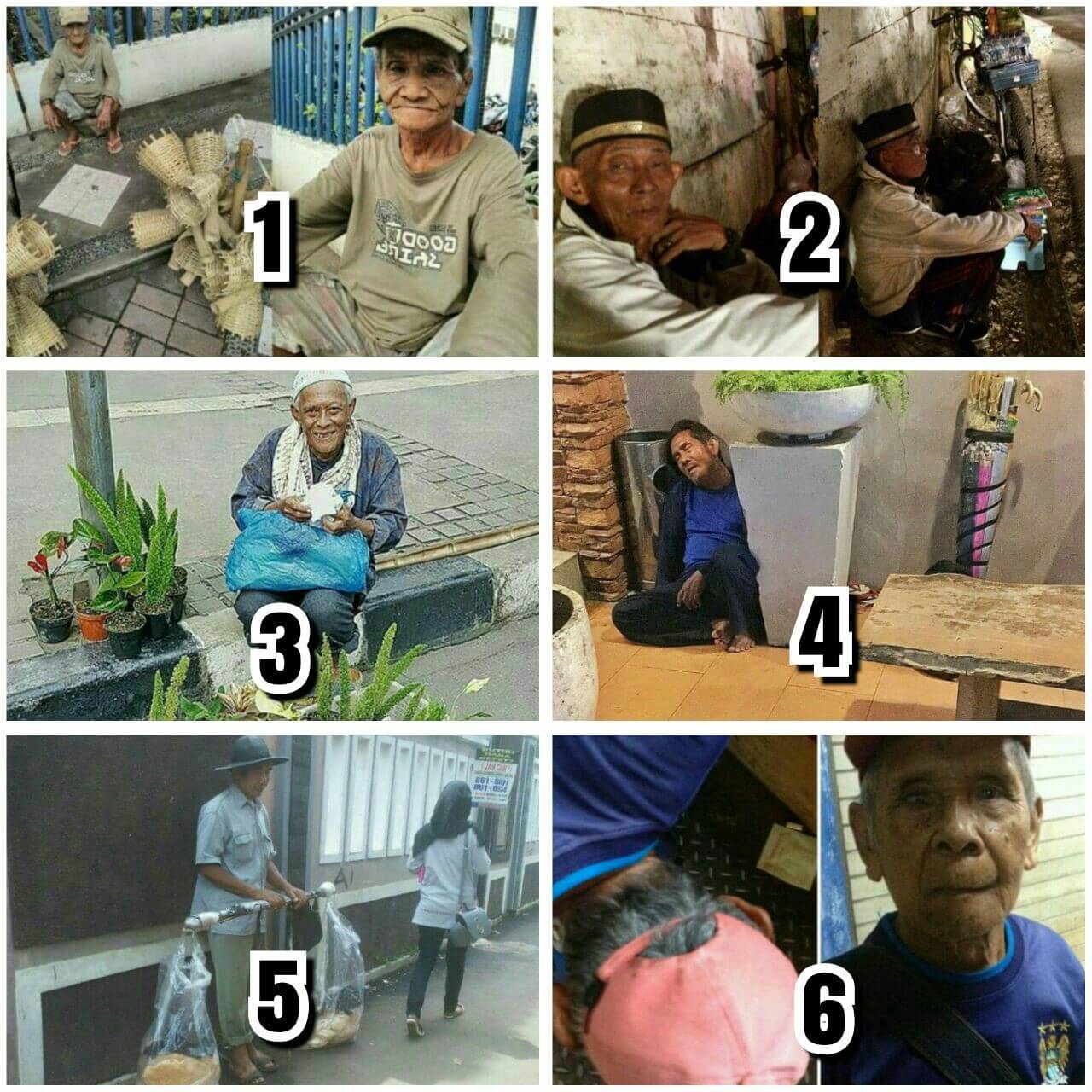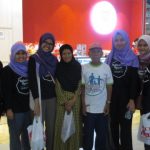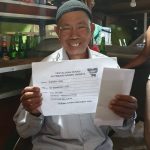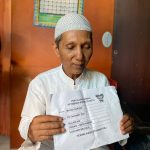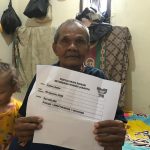We would like to invite you looking deeper whenever you take a stroll in Jakarta. Whenever you pass tall buildings, breathtaking skyscrapers, take a glance at what lies behind them. If you spend weekends at luxurious malls in the capital, please have a look at the tiny, long alleys alongside them.
We hope you won’t get surprised that beyond the modern office towers and exclusive apartments, an ugly picture exists.
Half-finished houses, well, we can’t call them so given their makeshift conditions, are visible. Very small spaces become heaven for those struggling to make ends meet. Having roofs under the tops of their heads and walls to protect them from the heat of the sun and the rain sometimes is already a gift for these people.
For marginalized Jakartans, these are their homes. The places they live, make a bond and grow. In-between the minuscule spaces, numerous sellers reside and or make their livings by offering goods, providing services to feed their mouths and their families’. Among the high number of these people, some are elderly ones, men and women who still fight for their own lives or their lives of their families by working, not begging.
At the very ripe age when old people are normally at homes, taking care of their grand children, receiving money from their kids or pension, some are not. They remain at work, some even do so during weekends. Sometimes they sit in available space they can find. Some sit in front of shopping malls or traditional markets. If lucky, these old people (we later call them as solia or noble people) can sell the goods in front of shops.
For almost two years surveying and meeting these solia, KNJ learns that they are truly life fighters. Some of them really have no homes. They sleep at mosques or shops’ porches thanks to the help of the shops’ owners. Some have familes outside the capital. And a few of them are really alone. No matter how hard life throws at their ways, these solia keep surviving. They don’t wish people pitying them.
What is ironical is that these inspirational figures seem unnoticed in daily life in a city that moves so fast like Jakarta. People always seem in a rush. They are more intimate with smartphones than human beings. They are so glued at their gadgets that they don’t care what goes on around their ways going to the school or office and coming back at homes. They love spending a lot of money buying things at expensive stores for the sake of pride but don’t bother doing so to the sellers, especially old ones, who wish to earn money to ensure they have food to eat tomorrow.
 Among memorable solia whom we meet is Mr. Ndang, about 70 years old. He sells plants that he brings all the way from his hometown in Cibarekbek, Cianjur, West Java, in Car Free Day events in Central Jakarta every Sunday. Despite the very far route he has to take, Mr. Ndang keeps his spirit alive selling plants to people who pass around Atmajaya university. He wishes opening up a business in his hometown so that he won’t take the tough trip to Jakarta given his old age.
Among memorable solia whom we meet is Mr. Ndang, about 70 years old. He sells plants that he brings all the way from his hometown in Cibarekbek, Cianjur, West Java, in Car Free Day events in Central Jakarta every Sunday. Despite the very far route he has to take, Mr. Ndang keeps his spirit alive selling plants to people who pass around Atmajaya university. He wishes opening up a business in his hometown so that he won’t take the tough trip to Jakarta given his old age.
 Another solia who is best kept in the KNJ memory is Mr. Umar because we took some months for finding him. This 78-year-old man offers Poci in front of the Kalibata City apartment, South Jakarta. He comes from Tegal, Central Java. He has one wife, nine kids and 23 grandchildren. He has been selling Poci for four years with monthly income he receives from his boss ranging from Rp700,000 to Rp1 million. The amont is taken from the number of Poci he is able to sell per month.
Another solia who is best kept in the KNJ memory is Mr. Umar because we took some months for finding him. This 78-year-old man offers Poci in front of the Kalibata City apartment, South Jakarta. He comes from Tegal, Central Java. He has one wife, nine kids and 23 grandchildren. He has been selling Poci for four years with monthly income he receives from his boss ranging from Rp700,000 to Rp1 million. The amont is taken from the number of Poci he is able to sell per month.
Mr. Ndang and Mr. Umar reject lifting their hands hoping people would drop money in the palm of their hands amidst the fact that some people doing that, even youngsters with good physical conditions.
Mr. Umar says he is ashamed if he has to beg to fulfill the needs. “I’m still strong. We live to work, not to beg after all,” he says. The motto that we believe resonates that of each and every extraordinary solia that we see.
Writer and editor: Eny Wulandari

